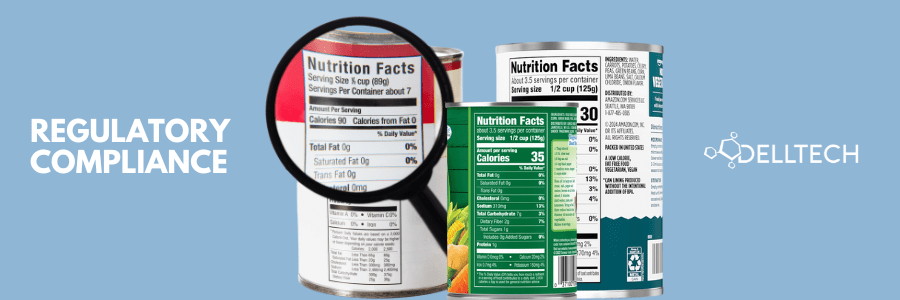If you sell chemical products in Canada, you may be required to disclose ingredient information on your Safety Data Sheet (SDS) as part of the HPR (Hazardous Products Regulation). But what if your formulation includes ingredients that give your product a competitive edge?
That’s where HMIRA claims come in.
The Hazardous Materials Information Review Act (HMIRA) allows companies to protect confidential business information (CBI)—such as ingredient names, CAS numbers, and concentrations—by applying for an exemption through Health Canada. This allows manufacturers and suppliers to protect sensitive information while maintaining compliance.
When Should You File an HMIRA Claim?
You should consider filing an HMIRA claim if your SDS includes proprietary ingredients and you want to maintain confidentiality while remaining compliant.
What Does the Process Involve?
- Submit an application to Health Canada with supporting documentation and justification for confidentiality.
- Health Canada will review the claim and ensure it meets the criteria for exemption. Once approved, Health Canada will assign a HMIRA registry number.
- Update your SDS to include the HMIRA registry number and date of filing.
Your claim is valid for three years, after which it can be renewed.
Why HMIRA Matters
Filing a claim allows you to:
- Protect trade secrets;
- Meet WHMIS requirements;
- Continue selling your product in Canada compliant with the regulations
Need help preparing an HMIRA submission or updating your SDS? The Dell Tech can guide you through the process and ensure full compliance.
DELL TECH HAS PROVIDED PROFESSIONAL, CONFIDENTIAL CONSULTING SERVICES TO THE SPECIALTY CHEMICAL INDUSTRY IN CANADA, THE USA, EUROPE AND ASIA FOR THE LAST 40 YEARS.
[INSERT_ELEMENTOR id=5705]



